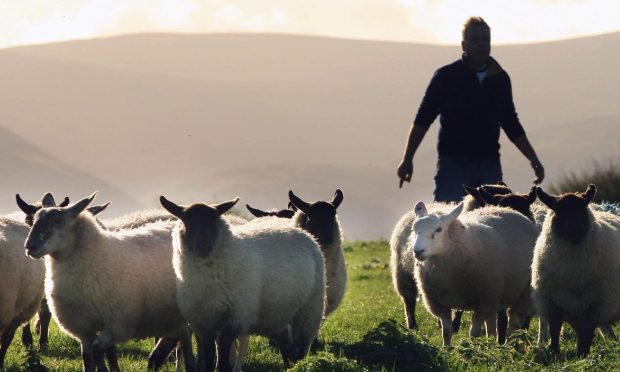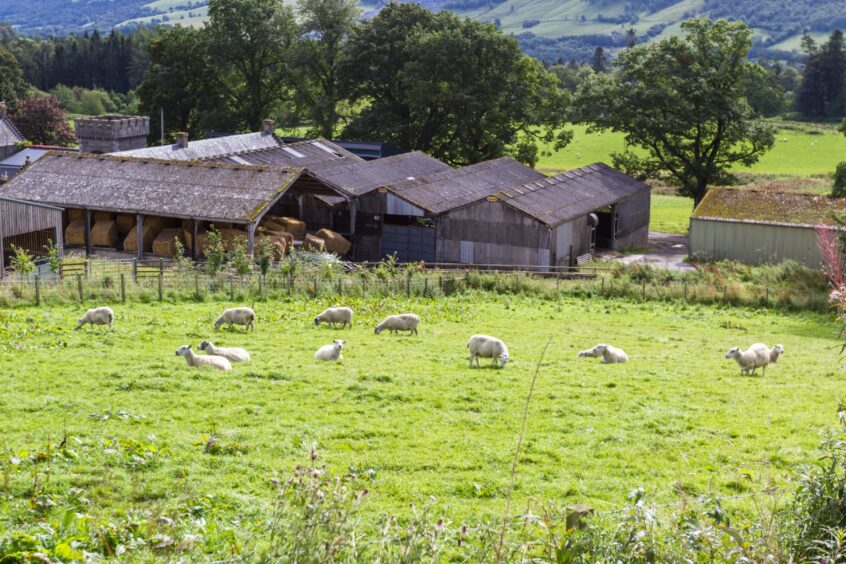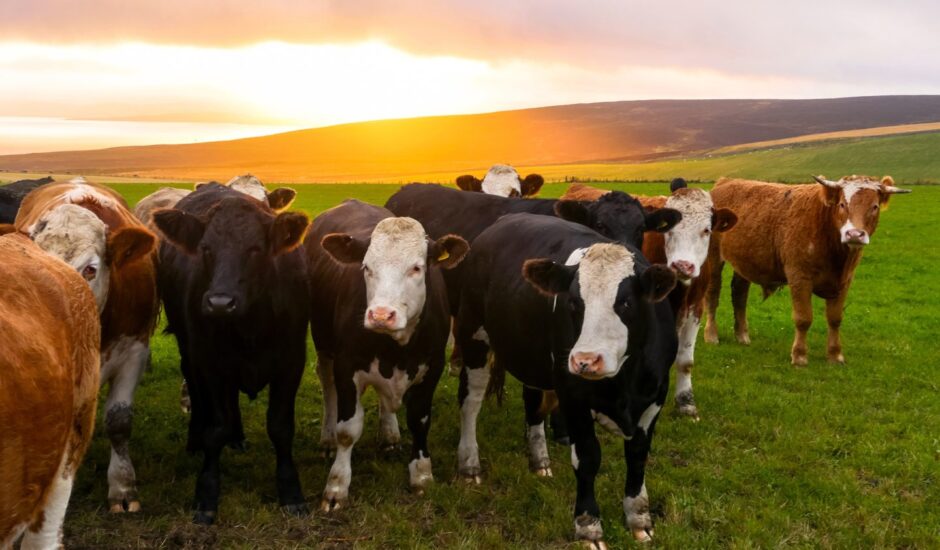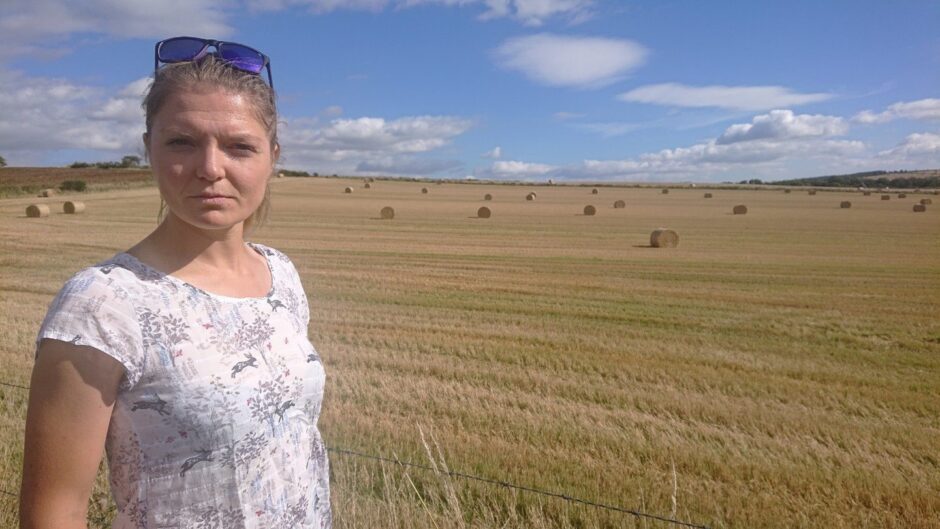North and north-east farmers planning to pass on more than £1 million-worth of business and property assets to their children must in future expect a large chunk of their estate to go to the taxman.
Relief of up to 100% of inheritance tax rate is currently available for qualifying agricultural assets.
But this will change on April 6 2026 after Chancellor Rachel Reeves announced reforms to agricultural and business property reliefs from inheritance tax in her Budget speech.
The 100% rate of relief will continue for the first £1m of combined agricultural and business property to “help protect family farms and businesses”. It will be 50% thereafter.
How much will farming estates pay and how many are likely to be affected?
The inheritance tax rate is currently 40%,
So, the new relief rules mean business and farming assets worth more than £2m, or £1m above the threshold, for example, will be liable for a tax bill of at least £200,000.
According to the Treasury, nearly three-quarters of UK estates claiming agricultural property relief (APR) and the majority claiming business property relief in 2026-27 are likely to be unaffected by the changes.
‘Decisions to reinvest in these farming businesses will be shelved’
But NFU Scotland warned they may have devastating consequences.
A spokesman for the farmers’ union said: “The devil will be in the detail, but it was made crystal clear to the chancellor by all UK farming unions the significant impact that any changes around taxation will have of our farming sector.
“She has chosen to ignore that advice.
“Changes to inheritance tax and agricultural property relief will affect the liquidity on succession for farms above the £1m threshold set, hitting many family farms, regardless of size or type.
“Decisions to reinvest in these farming businesses will be shelved.
“The knock-on ramifications for the wider rural economy, and businesses up and downstream will be significant.”
He added: “This decision will generate only marginal benefits in filling a financial black hole, but causes huge difficulties for some and will act as a barrier to those who wish to get a start in farming.
“The partial removal of APR and the threat of a considerable tax burden will see larger units being broken up and a major contraction of farmland being made available for tenancies or contracts.”
The NFU Scotland spokesman also said there was confusion over the Scottish and UK budgets for agriculture.
He explained: “Going forward, it appears that the agricultural funding package may have the Barnett formula applied to it, and we are seeking urgent clarification on that.
“Scotland’s overall budget, as announced by the chancellor, has seen the block grant increased by £3.4 billion.
Agriculture budget ball now in Scottish Government’s hands
“Scottish ministers are on record that they wish Scotland’s farmers and crofters to avoid facing a cliff edge.
“As we move towards the Scottish Government budget on December 4, it is now inherent the ball on delivering an increased, ring-fenced, multi-annual budget supporting Scotland’s farmers and crofters to deliver for food production, rural communities, biodiversity and climate is in its hands.”
Moray farmer and MSP says its a ‘death knell’ for family farms
Scottish Tory politicians were scathing in their response to the APR changes.
Conservative rural affairs spokesman and Moray sheep farmer Tim Eagle, MSP for the Highlands and Islands, described them as a “death knell” for family farms.
Mr Eagle added: “These changes mean future food production is seriously threatened, as farms will be unable to be passed on from one generation to another.
“Labour need to show some common-sense and urgently think again.
“These inheritance tax changes will be catastrophic for family farms across Scotland.”
Gordon and Buchan Tory MP Harriet Cross said: “This appalling decision from the Labour government is a devastating blow to farming, the effects of which will be felt for decades to come.
“Without the full reliefs, we risk losing a generation of farmers.”
Meanwhile, the Treasury has confirmed it will also extend the existing scope of agricultural property relief, from April 6 2025, to land managed under an environmental agreement with, or on behalf of, the UK Government, devolved governments, public bodies, local authorities, or relevant approved responsible bodies.





Conversation